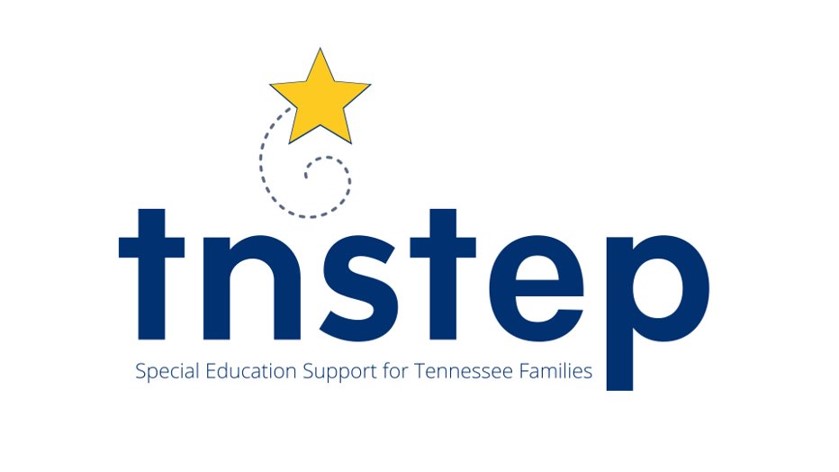Nothing can fully prepare you for the day you receive a medical diagnosis for your child. I still remember ours as if it were yesterday. I was sitting in a room, excited to see my baby on the ultrasound screen, while simultaneously creating a grocery list in my head and talking about dinner plans for that night with my husband. When the sonographer left the room to get the Medical Director of the SSM Health St. Louis Fetal Care Institute to come in and look at our scan, I felt a pang of fear.
“There’s something wrong with your baby’s heart,” he gently said.
Right then, our lives were forever changed. We received news that our baby has Tetralogy of Fallot, a series of congenital heart defects. I would continue to hear those words whispered in my ear at every appointment thereafter, always holding my breath bracing for more bad news. At 32 weeks into my pregnancy, we received more devastating news when they found an omphalocele and congenital diaphragmatic hernia. We were now facing not one, but three life-threatening conditions.
For most parents, the thought of taking their child to the doctor brings to mind regular well visits and the occasional treatment for ear infections, rashes and stomach viruses. But after going through a medical trauma with their child, it is common for parents to feel anxiety when they visit a hospital or new specialist — which is one of the first signs of post-traumatic stress disorder (PTSD). After experiencing illness or trauma with their child, parents continually brace themselves for the unknown – wondering when they’ll experience the next hospital stay, the next set of bad news, or the next time they can finally breathe and relax. Click here to read more.

